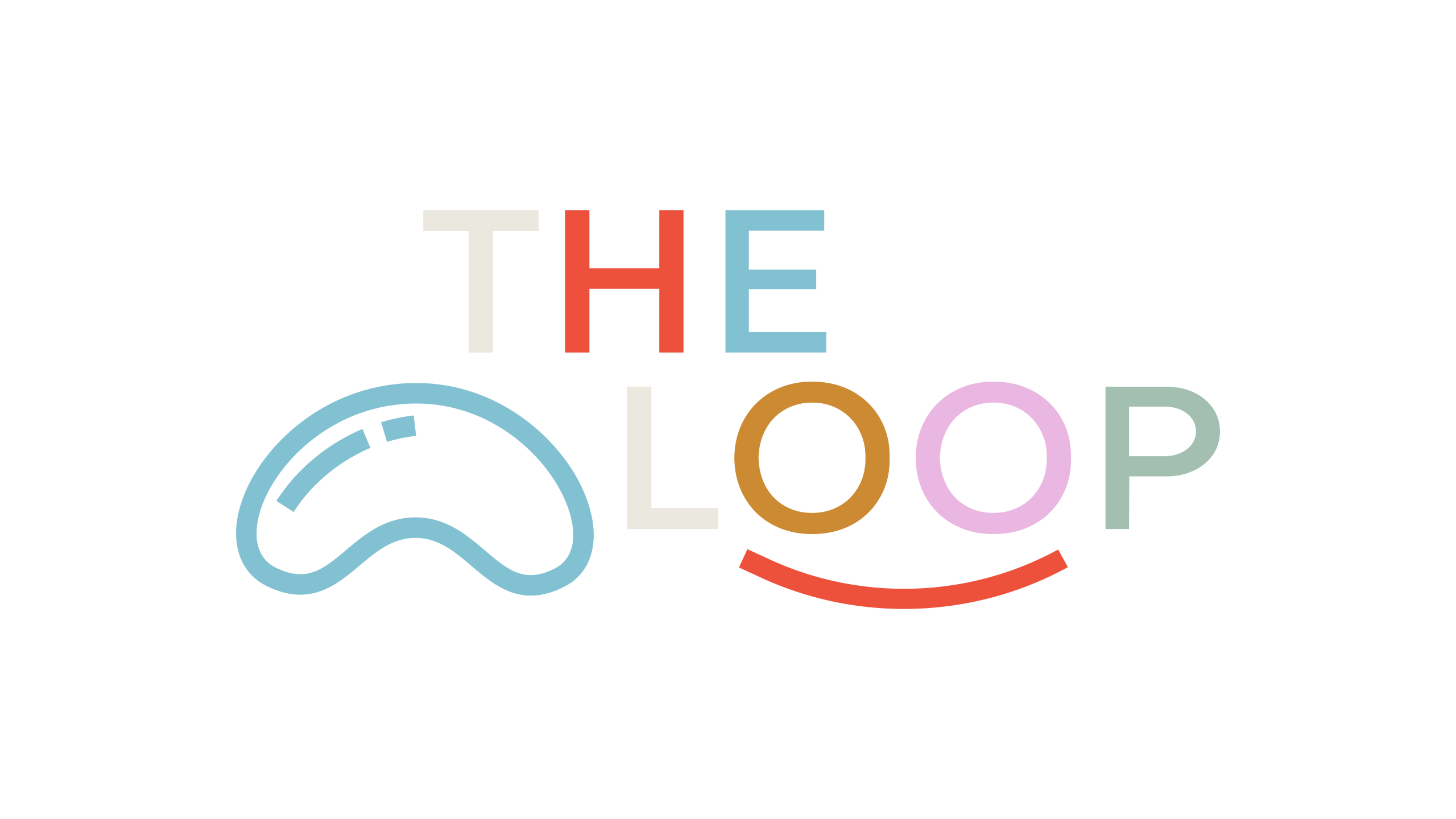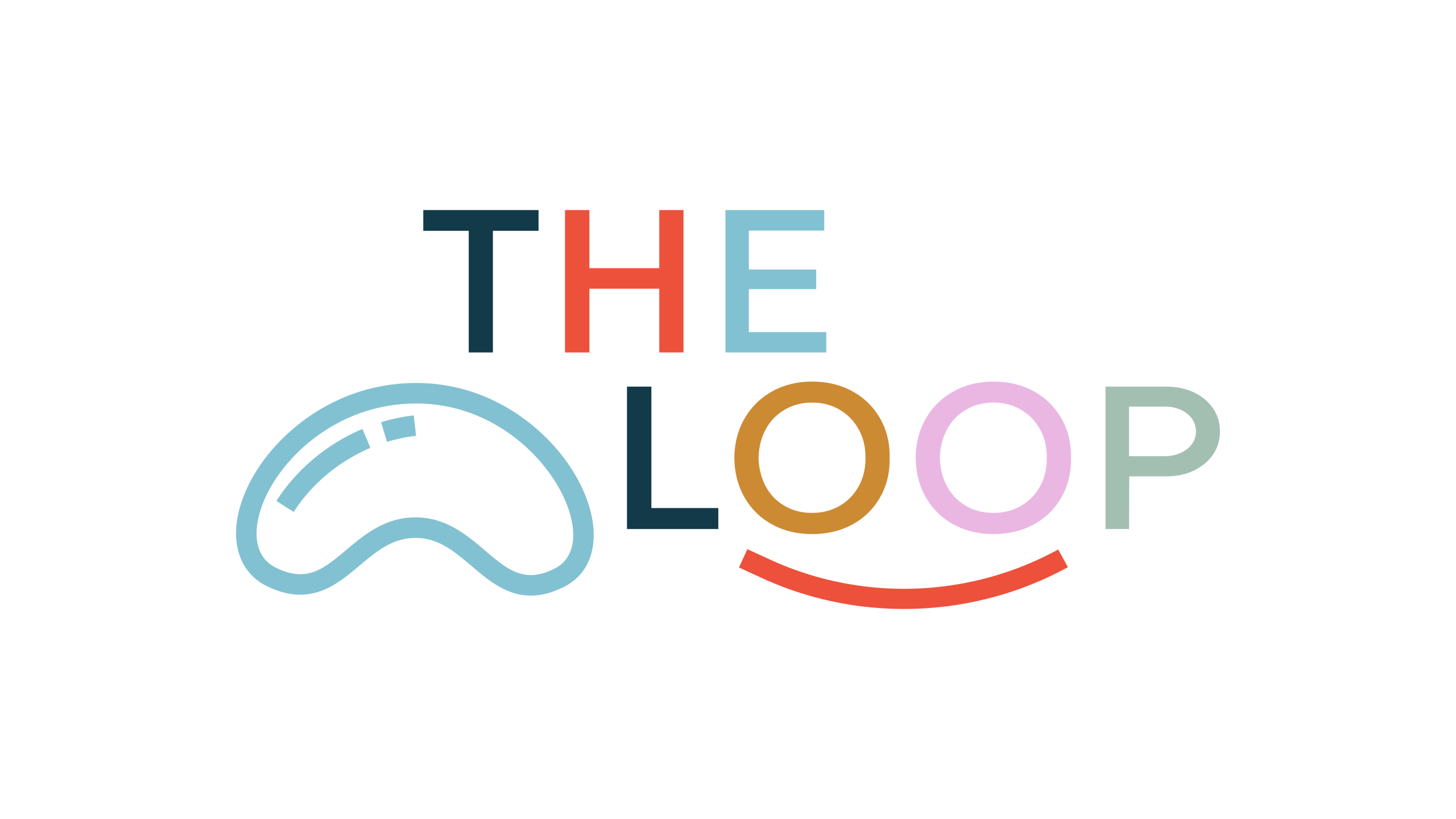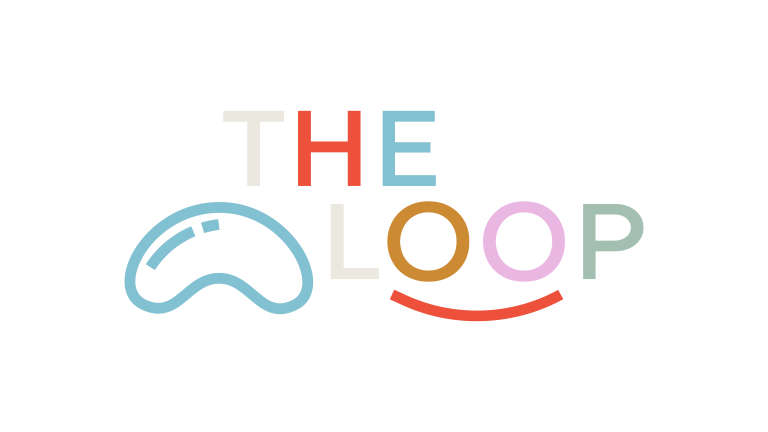
Today, we’re tackling a big topic—language. On the surface, it may seem like a straightforward concept to grasp—but dig a bit deeper, and it becomes clear that language is a highly complex topic. And a fascinating one, too.
For parents, it's a joyous experience to watch our children acquire language skills. We get a front row seat to watch all the pieces click into place with our kiddos’ communication.
In the beginning, babies cry without purpose—yet they quickly learn, through our responses to them and their needs, that communication is reflexive.
From this point on, they begin to communicate with intent—kicking off a lifelong relationship with language that will color and shape their whole world.
They learn to understand and express themselves using language. Sounds become words, words become sentences—and their language skills grow as their thoughts gain complexity and nuance.
Soon, they turn their attention toward cracking the code of written language, as emergent literacy skills are acquired and mastered. Slow sounding out of printed sounds and words turns into whole-word recognition—and we watch with amazement as our children become fluent readers and writers.
When we were acquiring language as children, we probably didn’t stop to think about how awesome it all was. But, being a parent affords us a different view of this series of events—one that shows us just how miraculous language acquisition truly is. And how important.
Language is the tool we use to engage with the world. It’s the two-way street that drives our ability to connect, collaborate, and comprehend.
Let’s take a deeper dive into what language is, why it’s important, and what can be done to help if a child struggles with developing their crucial language skills.
Why is language so important in our lives?
A better question might be—are there any ways language ISN’T important in our lives?
Language is what adds the color to our days, and the shading to every interaction we have—it’s equal parts art and science.
In a nutshell—language is how we interact with the world around us (AND with ourselves).
Scientifically speaking, language is a system of communication. Through it, we combine sounds and words in a meaningful and structured way, for the purpose of communicating. For humans, our language exists in both spoken and written forms.
We use language for some pretty important stuff, like—expressing our thoughts and feelings, communicating with others, getting our needs met, and learning and understanding new ideas and concepts.
What do we mean when we say language is a two-way street?
When we think about language, we tend to think about our output. But an important component of language also involves what we hear and understand.
Language is divided into two primary categories that reflect this concept—expressive language and receptive language.
Expressive language covers that language we’re able to use. It refers to how we express ourselves with language.
Receptive language refers to how we understand language. It covers the linguistic messages we receive from others.
Both aspects of language are crucially important, as we must be able to both express and understand.
Let’s take a look at these skills in action, to understand how both impact our daily lives.
We use our expressive language skills for—
Asking for something we want or need
Describing something that happened to us
Explaining our thoughts and feelings
Debate and persuasion
Referring to people, places, and items with accurate labels
We use our receptive language skills for things like—
Following directions
Learning and remembering new vocabulary
Sorting items into appropriate categories
Understanding concepts like cause and effect
Understanding relational concepts (like small/large, above/below)
Answering WH questions (what, where, who, which, why, and when)
It’s worth noting—for children who’re learning language (as well as for adults who have already mastered these skills) our receptive language abilities tend to outpace and exceed our expressive language skills.
This can be seen in action by the child who understands more words than they’re able to express. It also comes into play when you consider learning a foreign language—people attempting to become fluent in a non-native tongue often note they’re able to understand more than they’re able to say. This comes down to our receptive language skills often being better developed than their expressive counterparts.
Language comes in spoken and written forms, with our spoken language skills developed first, followed by written. Our mastery of written language is divided into similar categories as spoken language. Decoding refers to our ability to understand written language, whereas encoding refers to our ability to create written language.
Since it’s part of our mission at The Loop to help children and their parents who’re dealing with language disorders, let’s examine how various language disorders can show up, as well as how we help treat them when they do.
How can language disorders impact the children who have them?
Here at The Loop, we help many children who struggle with their language skills. If a child has trouble with their spoken or written language mastery, these issues can quickly create a negative impact on their schooling and overall quality of life.
Like language itself, language disorders are sorted into expressive and receptive categories, depending on which skills they impact. At The Loop, we’re skilled at assessing and treating school-aged children with expressive and receptive language disorders, as well as mixed variety language disorders (which involve both expressive and receptive components).
We’ll go over some of the issues children with language disorders typically present with, to offer you awareness of how these issues can show up in the children who experience them.
Children with expressive language disorders often have difficulty with—
Sequencing—or the ability to combine words in logically and meaningful ways. This issue can also impact a child’s ability to effectively recount a story or event, or to order directions or the steps of an activity.
Vocabulary—children with expressive language issues often have limited vocabularies, making it difficult for them to find the right words to say what they want to say.
Grammar—these children often struggle with understanding and using grammatical rules, such as correct tense. This can impact their meaning and ability to be understood.
Participating in questions and answers—children with expressive language issues often struggle to provide important information, or order information.
Social skills—also known as pragmatic language skills, children with this issue may struggle to use language to interact socially with their peers.
Children with receptive language disorders may struggle with—
Understanding what people say—whether the actual words, or the meaning behind them, children with receptive language issues often struggle with this skill.
Interpreting gestures—gestures are an important component of our communication, often adding to or modifying meaning of what is said.
Learning new words—thereby limiting their word knowledge and overall vocabulary.
Following directions—children with receptive language issues can have difficulty understanding and processing directions that are given, particularly multi-step ones.
Comprehension of text—children with receptive issues often struggle with understanding the meaning of and concepts behind what they read.
Identifying objects—children with receptive language issues can also experience difficulty with recognizing and labelling the things they see.
Children with mixed receptive and expressive disorders can experience a range of these issues, impacting both what they say and what they understand.
It’s easy to see how these issues, left unaddressed, can severely impact a child’s performance in school, as well as their overall quality of life. If you notice any of these issues in your child, or have been contacted by your child’s teacher with concerns about any of these difficulties showing up in the school setting—there is help available for you.
Here at The Loop, our exclusive model allows us to work directly with your child, right in their school, to assess and address any issues with their language skills. We always welcome parental involvement in our evaluation and therapy process, and will train you in proven, positive strategies to help your child address their issues when not in school.
Our treatments are highly individualized, because we know—no two language disorders are exactly alike. We want your child to get the most out of their therapy with us—so we tailor what we do especially for them. Our goal is for kids to enjoy AND benefit from their time with us.
We’re also all about providing value and information to families in need. You can find tons of free resources for parents and loved ones right on our site, including downloadable games and activities. We’re here to support you and to help your child thrive!
You can also check out our weekly blog series—where we do a deep dive into an array of important therapy-related topics. We believe that knowledge is power—and we want to share ours with you.
Stay tuned—next week, we’re going to continue down this road, exploring deeper into the realm of all things language. But it won’t be the same without you—so join us!


